Old Film
The Five Golden Flowers
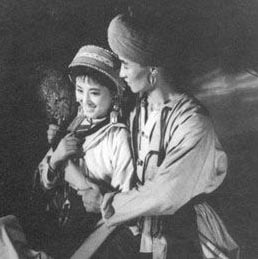
The Five Golden Flowers, released by Changchun Film Studio in 1959, tells a love story of two young people of Bai minority in Yunnan Province. Apeng, the hero in this film, met Jinhua on The Third Moon Fair of Dali, a festival of Bai nationality. Jinhua is attracted by Apeng for his braveness and kind heart. They fall in love with each other and agree on a date for the next festival. However, when going there the next year, Apeng finds four girls named Jinhua, but none is the one he met last year. After twists and turns, Apeng found his girl, a happy ending to the two who are able to spend their time together.
The Shangganling Campaign
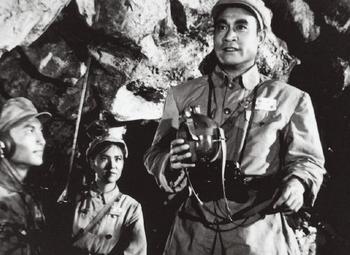 |
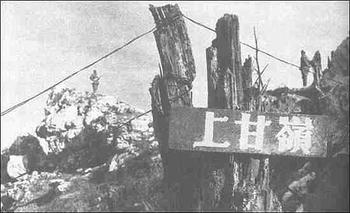 |
The Heroic Sons and Daughters
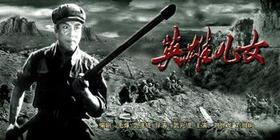
The Heroic Sons and Daughters, a classic film produced by Changchun Film Studio in 1964, tells the story of Wang Cheng and his sister Wang Fang. Wang Cheng is killed in action. His sister Wang Fang manages to become a role model with the help of Wang Wenqing and the encouragement of her brother’s spirit. The story ends with the reunion of Wang Fang with her step father Wang Fubiao and her real father Wang Wenqing. The song, Praise to Heroes, has become very popular nationwide since the film was put on show.
The White-haired Girl
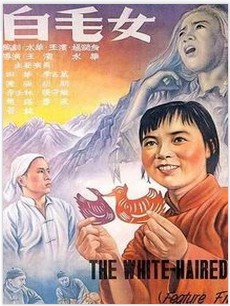
The White Haired Girl tells the story of Xi’er, a beautiful girl who is in love with a young peasant called Wang Dachun. Xi’er is denied marriage and her life is abruptly changed for the worst when her father is forced to trade her life away to repay the wealthy landowner Huang Shiren 25 taels of silver at the end of the year. Xi’er father commits suicide with regret. After his death, Xi’er is grabbed to Huang’s manor. And Wang Dachun joins the army after failing in rescuing Xi’er. At Huang’s, Xi’er is forced to serve and later raped by Huang. After managing to escape, Xi’er spends the next few years living in a cave in which her baby dies shortly after birth. Unbearable life makes Xi’er completely white-haired. At a time when seeking food in the temple she often goes, she is seen by a local who believes he has seen a white-haired immortal. Then, the so-called white-haired immortal gets widely spread among the locals. Two years later, Wang Dachun returns to hometown and joins the campaign aimed at making peasants’ life better by reducing rentals and interests they have to pay. Wang and others want to reveal the conspiracy of the landowner, only to find out that the white-haired is nobody but Xi’er. They meet again and the landowner is punished.
At the Middle Age
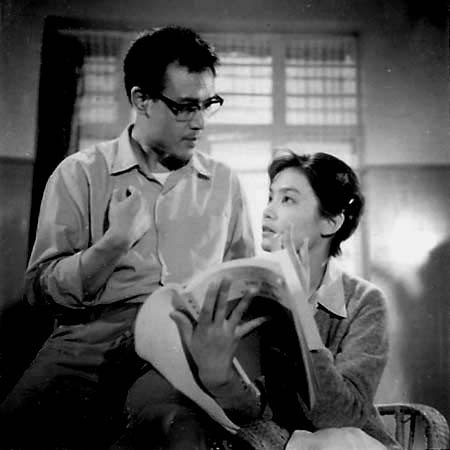
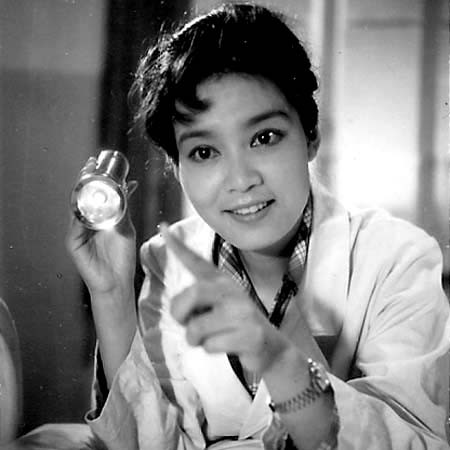
The film At the Middle Age, adapted from the novel of the same name, tells the story of Lu Wenting, through which the pressures on the shoulders of the middle-aged intellectuals are revealed and their commitment and loyalty to career and the nation are praised. The film is honored as the best feature film at the 3rd Golden Rooster Film Awards and the outstanding film by the Ministry of Culture in 1982. .
The Naval Battle of 1894
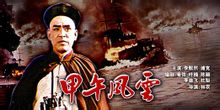
The film highlights the bravery, courage and willingness of the Chinese sailors to stand up to the Japanese. After the Opium War, Qing Dynasty is drawing close to its end. In 1894, Japanese start making sea clashes. However, Li Hongzhang, Viceroy of Peiyang, and his followers including Guan Boqian are afraid of fighting back and insist on a puppet-style settlement. Things go unfavorably. And Japan even opens fire on the small boats of Weihai, causing deaths and casualties. With sailors as supporters Captain Deng tries to get the viceroy to declare war, but fails for several times. Later, Deng is removed from his post due to his disclosing Fang Boqian’s misconducts. As the situation goes from bad to worse, Deng is reappointed. Under his leadership, patriotic sailors start fighting back in the sea battle.
Deng orders that the ship head at full speed toward the Yoshino. Along the way they blow up the Akitsu, but Deng’s ship is hit by shells again and they have shells to fire. Deng shouts on deck: Ram the Yoshino! The sailors are supportive of the captain. Deng’s ship is hit by more shells. Soon the Japanese admiral realizes that Deng intends to ram his ship. So the admiral launches torpedoes. The first one misses the Chinese ship, as does the second torpedo. The third torpedo, however, finds its target and sinks Deng’s ship.



